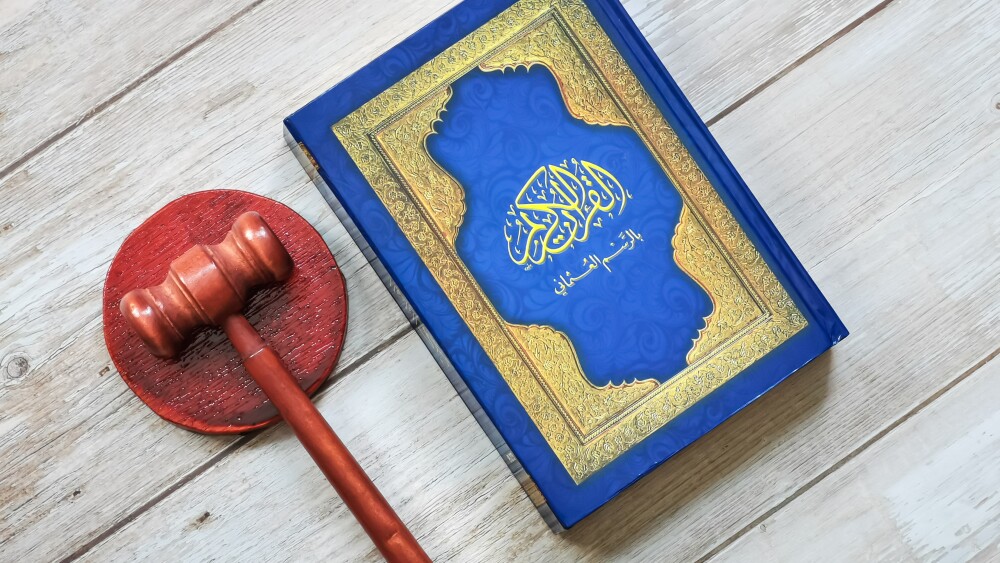A Vienna court has ruled that a Sharia-based ruling is legally valid in Austria.
The case began when two Muslim men agreed that their dispute would be resolved by an Islamic arbitration panel. When a disagreement arose, the court ordered one of them to pay €320,000. The man refused, arguing that Sharia law is open to different interpretations and violates Austria’s fundamental values.
Even though the Vienna ruling concerns economic cases, Muslims interpret it as yet another victory over the West, and rightly so.
But the Vienna court rejected the appeal and ruled that Austrian law allows arbitration systems for private disputes, as long as the outcome does not violate Austria’s “fundamental legal values”. Essentially, parties can choose to be bound by 7th-century rules, as long as the final outcome does not violate Austrian law. (Note that historically, in countries where Jewish courts were and are allowed to hear litigation and pronounce verdicts, that was only if the verdicts did not contradict the country’s laws or they are wholly religious issues.)
Even though the Vienna ruling concerns economic cases, Muslims interpret it as yet another victory over the West, and rightly so.
And as the European Court of Human Rights has ruled, the attack on Islam falls outside the scope of free speech, convicting a Viennese woman who called Muhammad a pedophile because of his marriage to Aisha.
The renowned English philosopher John Gray warns in the New Statesman that “in a generation or so, if current trends persist, Europe will have an Ottoman-style millet system in which different religious communities are governed by their own laws. A Europe with equal freedom for every religion, under a rule of law that applies to all, will soon be a distant memory.”
This is the profound significance of European courts endorsing Sharia law.
In England, dozens of “sharia councils” have existed for years, and even a Muslim Arbitration Tribunal officially recognized by the Arbitration Act of 1996, which allows civil disputes to be resolved based on Islamic law. The result has been the proliferation of a parallel Islamic justice system with one hundred courts.
Sharia law is used by German judges to rule on domestic conflicts.
A culture that forgets how to defend itself will not survive. And it won’t deserve it. Or, as the Israeli Foreign Minister just told the Dutch government, “good luck with radical Islam”.
The renowned English philosopher John Gray warns in the New Statesman that “in a generation or so, if current trends persist, Europe will have an Ottoman-style millet system.”
The Vienna ruling reminded me of the phase of the Roman-Barbarian kingdoms: for the barbarians, their tribal law applied, for the Romans, Roman law. Some went to the Senate dressed in skins, others in tunics.
And we know well how that ended.
A historian, Michel De Jaeghere, wrote a magnificent six-hundred-page book about it, “The Last Days of the Roman Empire”. The story of that fall, De Jaeghere writes in his conclusion, highlighting the similarities between that immense upheaval and our contemporary turmoil, “is a warning to us”.
And like us, the contemporaries of the Roman Empire refused to believe that a world was ending.
“This Rome is destined to exist as long as man exists”, wrote Ammianus Marcellinus in his Histories. It was 385. Twenty-five years later, Alaric took Rome. Another sixty years and the Western Roman Empire had disappeared.
Published originally on August 24, 2024, under the title “Sharia Has Arrived in Europe: A New Millet System.”








